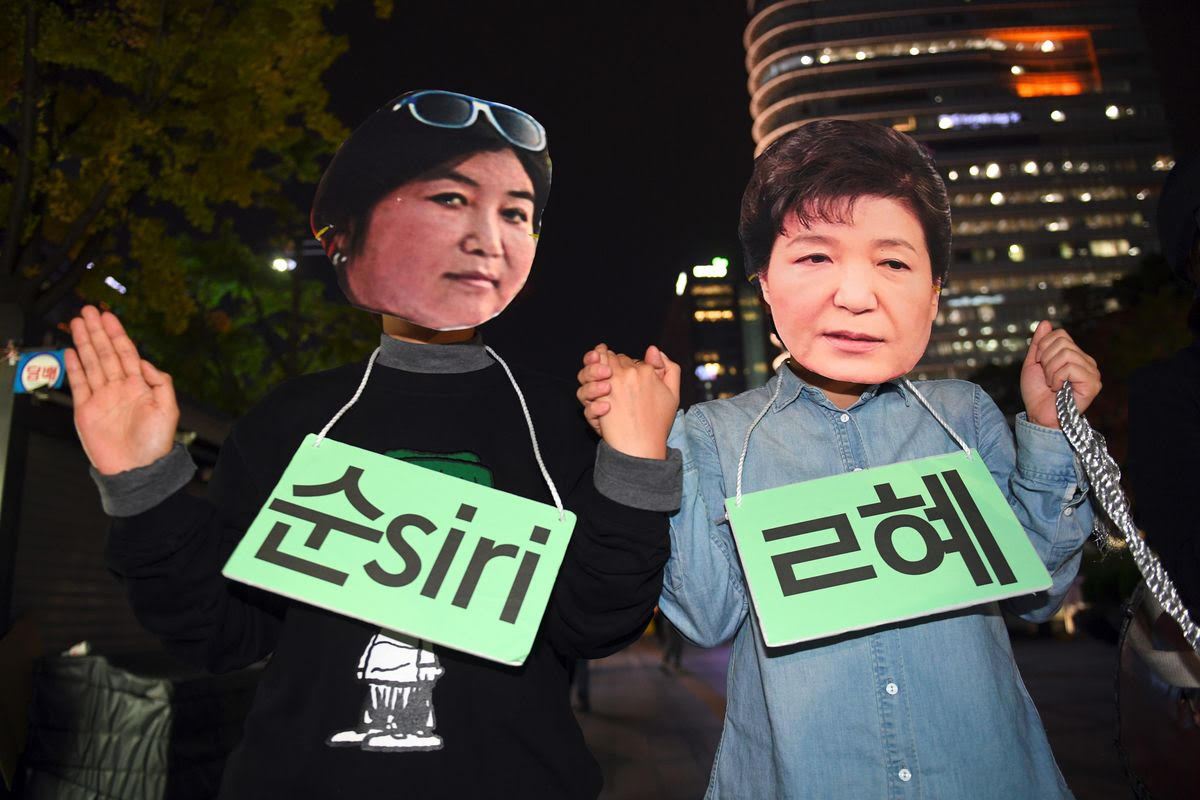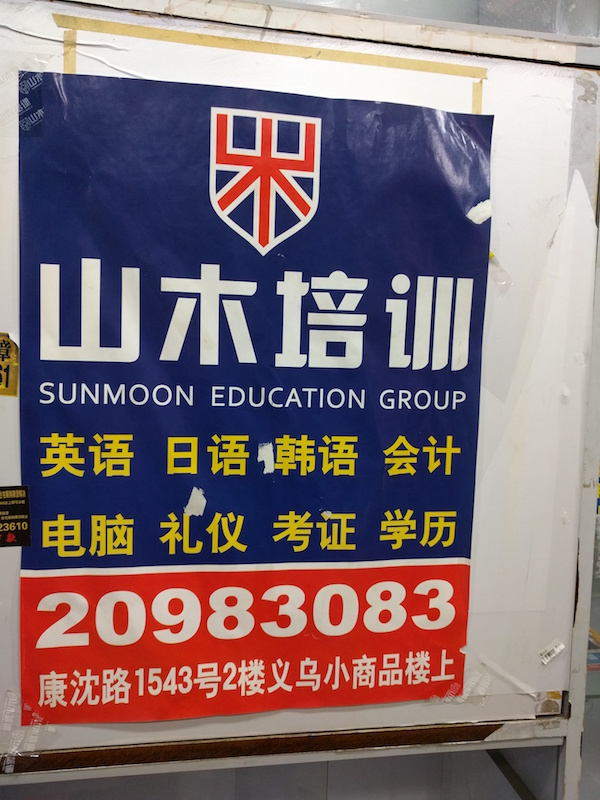Draconic nomenclature
Madeline K. Sofia, "'Baby Dragon' Found In China Is The Newest Species Of Dinosaur" (NPR, 5/9/17) clarifies the origin of Beibeilong sinensis, the newest dinosaur species:
In 1993, farmers in China found a Beibeilong embryo and eggs in Henan province. The fossils were sold to an American fossil company called The Stone Co. and brought to the United States. A model of an embryo curled inside an egg was famously featured on the May 1996 cover of National Geographic and was nicknamed "Baby Louie."
Read the rest of this entry »




